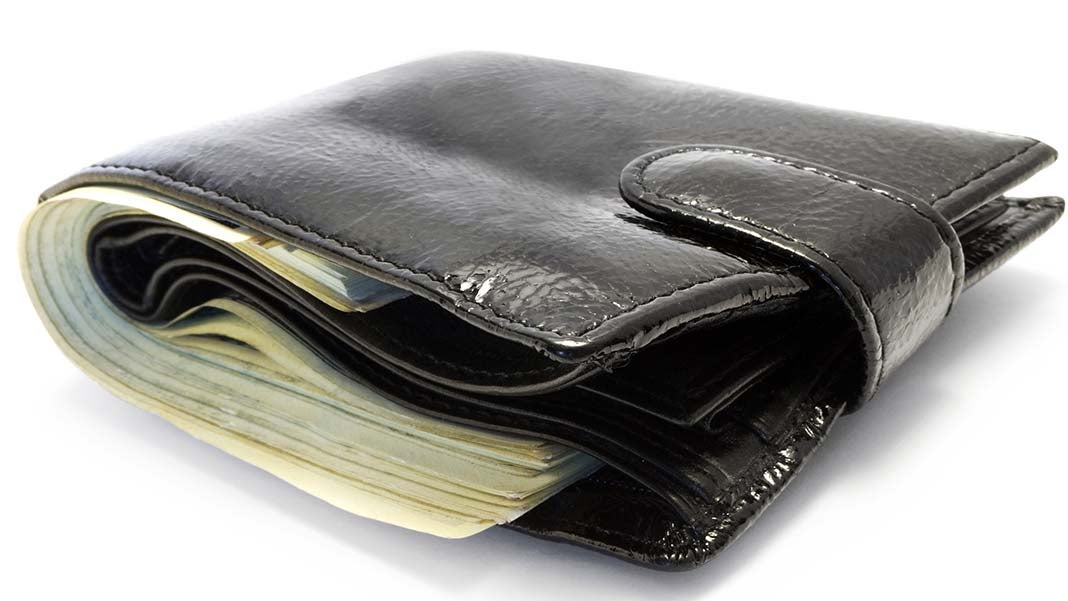
Spending: Regardless of the size of your business, it is always a concern. Unfortunately, many businesses focus on spending only when income is down; too often, this is the worst possible time to be making new decisions about how you are spending your hard-earned money.
One of the best ways to ensure a healthy bottom line is to pay close attention to all spending—from the day your business is formed. There are different levels of scrutiny that your expenses should be given, often depending on the life stage of your business.
Formative Stages: Developing Wise Spending Habits
Oftentimes, when starting a business, you don’t give much thought to long-term expenses. However, your business structure can have a dramatic impact on your tax burden, local fees and even bank fees. Some crucial considerations when forming a business include:
- Structure— it’s important to think about business structure in the long term. Review possible tax implications of various formations before getting started.
- Banking setup— always keep business and personal finances separate; not only is this important for record keeping, but in the long run, you’ll find it more beneficial when applying for business credit cards or loans.
Growth Stages: Monitoring Spending Habits
Once your business starts growing, it’s easy to get swept up in the excitement and not pay much attention to expenses. However, before economic times get hard, it’s a good idea to make sure you’re not overspending on certain items, including:
- Accounts payable— When structuring the payments for your accounts receivable, make sure they are compatible with your accounts payable. If clients are due to pay you 60 days after invoicing and you’re expected to pay vendors 45 days after invoicing, you could be wasting money.
- Equipment spending— before investing in any type of equipment for your business, investigate available options. Depending on the type of equipment, its usage and lifespan, you may be better off leasing versus buying.
- Controlling internal expenses— employee expenses for a lunch meeting with potential customers and vendors, payroll expenses for employees who may not be necessary on a full-time basis, and credit expenses should be carefully monitored at all times. Anytime you believe that expenses are reaching a level higher than they should be, review internal controls and determine where to possibly cut costs. Your record keeping should indicate where costs have increased and may help you determine where costs can be reduced.
Recessionary Periods: Occasionally Times are Slow
Naturally, when economic downturns occur, it’s necessary to take immediate steps to curb spending. However, if you have taken the time to structure your business properly by monitoring spending all along, you will likely not feel the pinch as hard as some who have failed to plan for leaner times. When times are slow, it may be time to take a look at some other business costs:
- Business credit— if you currently have a loan with favorable terms you may be in good shape. However, it is always a good idea to monitor credit markets for more favorable terms, particularly if you are not faced with steep prepayment penalties. Thousands of dollars a year could be saved by restructuring your debt.
- Credit cards— if you have business credit cards and have been making payments in a timely manner, it may be worth your time to investigate options. Oftentimes, the better your business credit, the more likely you are to qualify for a lower interest rate card, which can result in significant cost savings.
Having a consistent plan in place from the day your business is formed to meet financial challenges head on is important. However, for nearly every business, keeping costs down is what maintains a healthy bottom line. Taking the time to regularly monitor how you are spending profits can make a tremendous difference in the long-term success of your business, while dramatically improving profits.
Author: Bill Vergantino is the President and Chief Executive Officer of ExpenseWatch, an automated expense management solutions company. ExpenseWatch empowers businesses to spend with confidence by simplifying their expense reporting processes.
2366 Views












